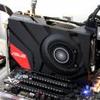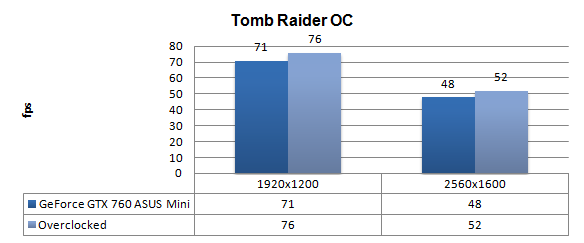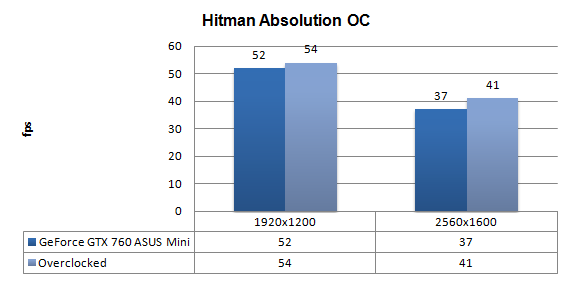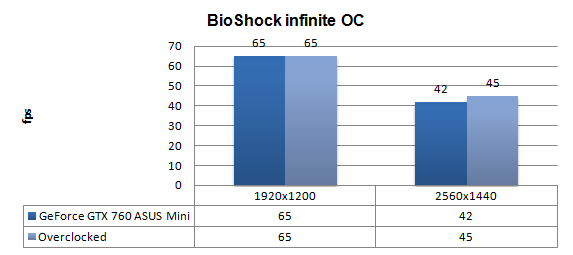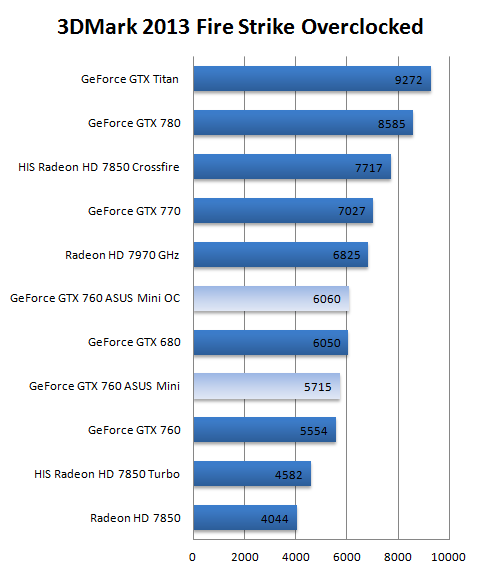Overclocking the graphics card
Overclocking The Graphics Card
As most of you know, with most video cards you can apply a simple series of tricks to boost the overall performance a little. You can do this at two levels, namely tweaking by enabling registry or BIOS hacks, or very simply to tamper with Image Quality. And then there is overclocking, which will give you the best possible results by far.
What do we need?
One of the best tools for overclocking NVIDIA and ATI videocards is our own AfterBurner which will work with 90% of the graphics cards out there. We can really recommend it, download here.
Where should we go?
Overclocking: By increasing the frequency of the videocard's memory and GPU, we can make the videocard increase its calculation clock cycles per second. It sounds hard, but it really can be done in less than a few minutes. I always tend to recommend to novice users and beginners, to not increase the frequency any higher than 5% on the core and memory clock. Example: If your card runs at 600 MHz (which is pretty common these days) then I suggest that you don't increase the frequency any higher than 30 to 50 MHz.
More advanced users push the frequency often way higher. Usually when your 3D graphics start to show artifacts such as white dots ("snow"), you should back down 10-15 MHz and leave it at that. Usually when you are overclocking too hard, it'll start to show artifacts, empty polygons or it will even freeze. Carefully find that limit and then back down at least 20 MHz from the moment you notice an artifact. Look carefully and observe well. I really wouldn't know why you need to overclock today's tested card anyway, but we'll still show it.
All in all... do it at your own risk.
| Original | This sample | Overclocked |
| Core Clock: 980 MHz | Core Clock: 1006MHz | Core Clock: 1056 MHz |
| Boost Clock: 1033 MHz | Boost Clock:1072 MHz | Boost Clock: ~1189MHz |
| Memory Clock: 6008 MHz | Memory Clock: 6008 MHz | Memory Clock: 6750 MHz |
Now then, overclocking did get more complicated as increasing the Boost functionality has an effect on voltage and thus power consumption which effects the maximum allowed board power and so on. So really it is a matter of trial and error and finding your preferred or maximum balance in terms of extra performance versus noise levels.
We found a small tweak that will bring your boost frequency towards almost 1200 MHz stable, it will fluctuate depending on power draw / limits. Feel free to try our settings yourself. We applied:
- Power Target 105%
- Priority set to temperature
- GPU clock +50MHz
- Memory clock +375 MHz
- Voltage +12 mV
- Fan control RPM @ default
With the physical board power limit you are going see all card roughly ending at this overclock and boost frequency. We now have a hint extra performance at our hands on top of the factory overclock, have a peek at the results when overclocked.
For all overclocked games above we have used the very same image quality settings as shown before. Overall we have been able to get another 5% performance out of those graphics card.
